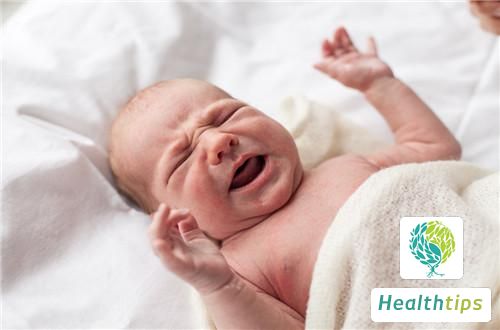Babies often stretching may be related to vitamin D deficiency rickets and cerebral palsy syndrome.

For babies born in autumn and winter, vitamin D deficiency rickets is more common. Generally, after supplementing vitamin D and calcium, the symptoms can be alleviated. However, for babies with cerebral palsy syndrome, they should be promptly taken to the doctor and actively undergo rehabilitation training. In fact, babies stretching is also a common phenomenon. If there are no abnormalities in the body, it will generally decrease as the body grows. If babies frequently stretch, accompanied by torsion of the body trunk, attention should be paid to the following two situations:
1. Vitamin D deficiency rickets. It is most common in babies 2-3 months old born in autumn and winter. They may experience neuropsychiatric symptoms such as excessive sweating, baldness on the occiput, night terrors, and straining efforts similar to defecation, raising both hands, and body torsion. After supplementing vitamin D and calcium, these symptoms will gradually improve.
2. Cerebral palsy syndrome. If frequent stretching is accompanied by involuntary movements of the limbs, such as increased swimming-like movements, and there are high-risk factors before, during, or after birth, it is necessary to promptly take the baby to the pediatric rehabilitation department for rehabilitation assessment and necessary early intervention and rehabilitation treatment.
In fact, babies stretching is a relatively common and normal phenomenon. Since babies' bodies develop quickly or they spend long periods lying in bed, they may feel discomfort in their limbs, so they stretch to relieve physical fatigue. Unless there are other abnormal phenomena, and eating and drinking are normal, there is no need to worry. As they grow older, this behavior will decrease.

